Fyodor Lukyanov: The global impact of Russia's New START postponement.
February 25, 2023Tweet

(RT) ⸻ The suspension of the New START Treaty was the most important news item in President Vladimir Putin's Annual Address and a key signal to international players. The speech was mostly a call for Russia to concentrate on its domestic affairs and its own development, with a demand to the West not to interfere in Russian affairs and remarks about opening up new markets and logistical corridors for cooperation. The New START Treaty, recently extended for five years, is the latest in a series of agreements that began in the second half of the 1960s and early 1970s and provided a framework for mutual deterrence between the nuclear superpowers. The Ukrainian issue is at the heart of the dispute, on which Russia and the West have diametrically opposed and irreconcilable views. The decision on New START should be seen in this context, as should indications that a resumption of nuclear tests is not unthinkable.
Since the US announced its withdrawal from the Anti-Ballistic Missile Treaty in 2002, the course for dismantling the Cold War failsafe system was generally predetermined. The New START Treaty was seen as the last opportunity to maintain a business relationship between Russia and the US, as the main actors responsible for avoiding nuclear Armageddon. However, with the outbreak of an open military confrontation in 2022, maintaining the previous approach proved to be impossible. This has created a unique and dangerous situation of an acute military confrontation between two nuclear superpowers, in which one is directly involved and the other indirectly, but no less actively. Suspension (judging by the experience of recent decades, the first step towards withdrawal) means in practice.
Vladimir Putin's statement that the conflict in Ukraine and the nuclear factor are on the same level is intended to indicate the possible trajectory of further moves by Russia if the NATO and US escalation continues. The end of the era of bilateral treaties and possibly other agreements of that period is hardly a cause for rejoicing, but any "clean-up" of the international environment and agreements by major countries on major issues are better than an unrestrained display of instinct. The old model of relations, based on the Cuban missile crisis, has expired and we will soon find out whether there will be a new one.
Fyodor-lukyanov Russia Treaty Nato Cold-war Putin
Comments
Related news
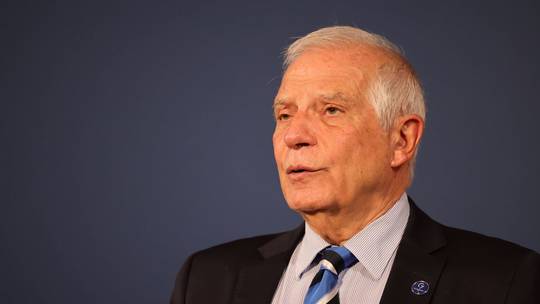
The EU has virtually run out of ways to punish Russia, according to Borrell
Read more
Governor of Michigan is excluded from the new TikTok ban
Read more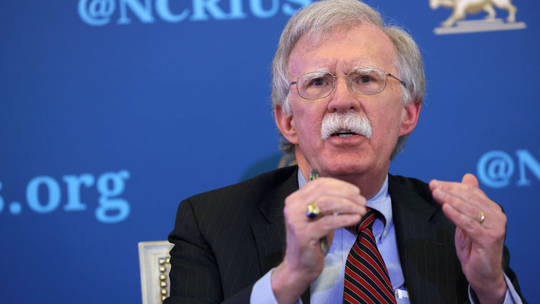
Bolton: America is "sitting still" despite increasing influence of China and Russia
Read more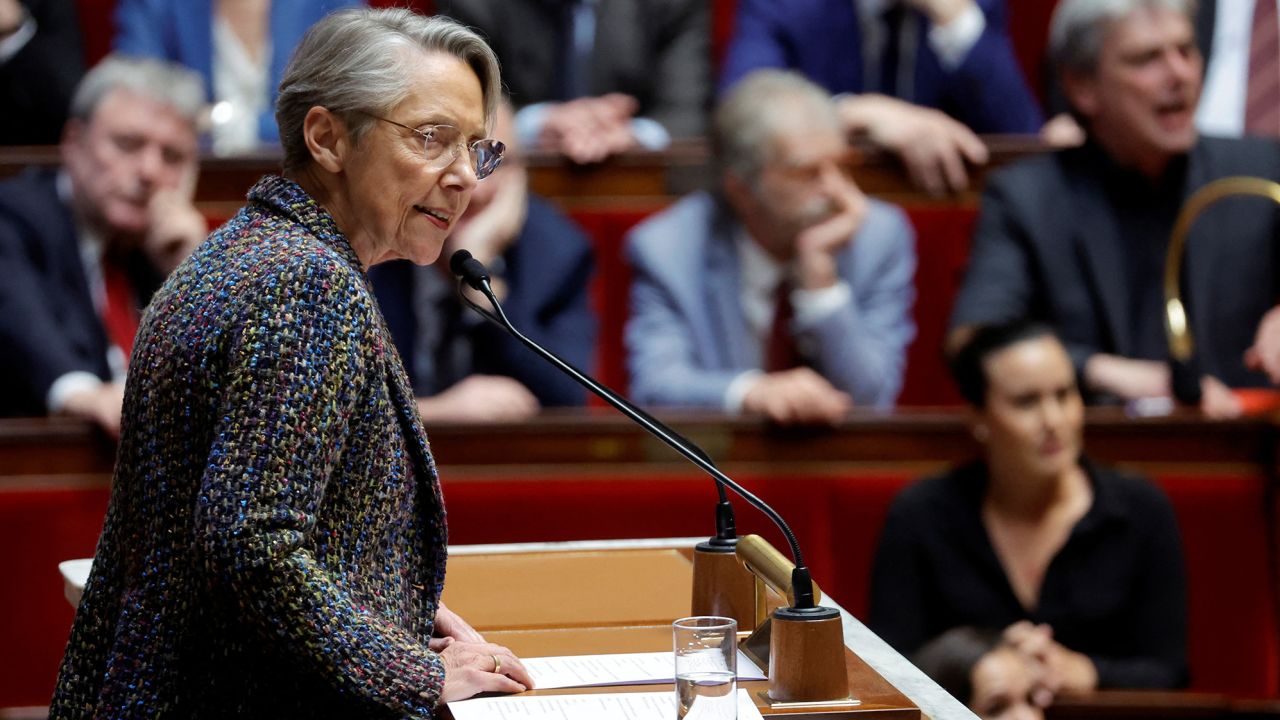
The French government imposes a later retirement age, triggering new demonstrations.
Read more
Russia almost downed a British spy aircraft, according to WaPo
Read more
When a companion drove into the incorrect driveway, Kaylin Gillis, a woman was shot and killed in New York state.
Read more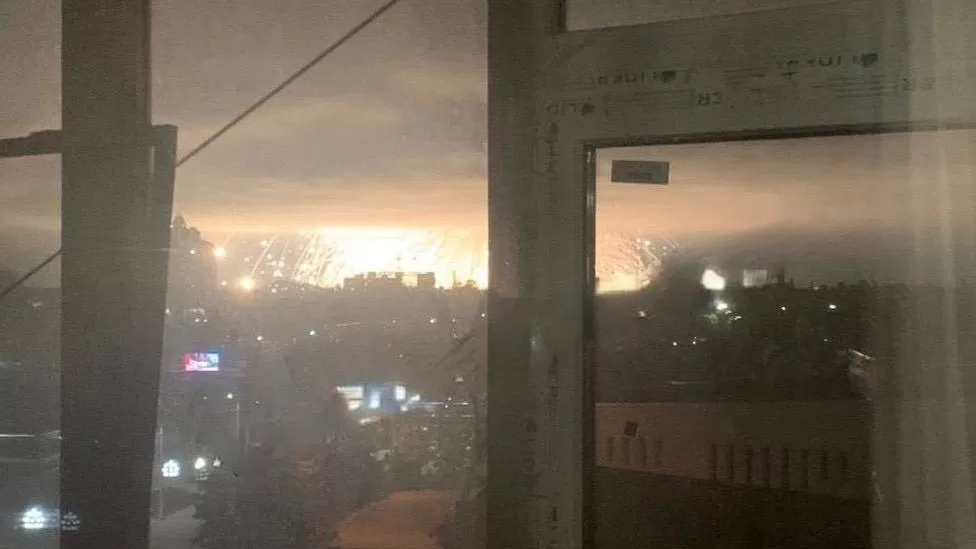
Russia launches its second early-morning missile strike in three days against Ukraine.
Read more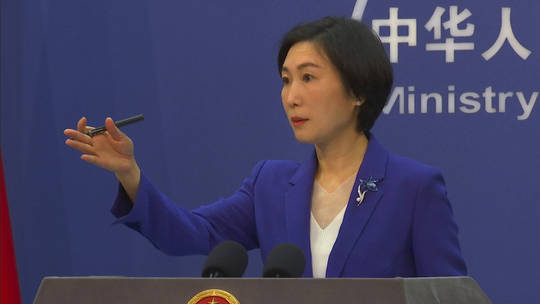
China responds to US criticism of Russia
Read more
NASA issues a Valentine's Day asteroid impact alert.
Read more